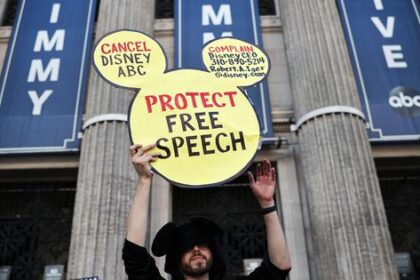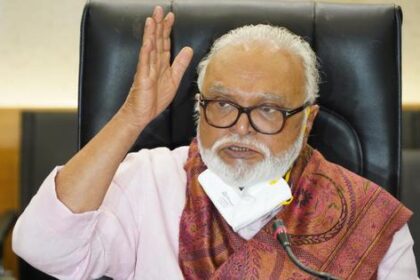Subhash Kapoor’s film tackles serious issues while delivering courtroom antics and character dynamics.
Subhash Kapoor’s latest installment in the Jolly LLB series, titled Jolly LLB 3, brings together familiar faces in the legal drama genre. Starring Akshay Kumar, Arshad Warsi, and Saurabh Shukla, the film continues the narrative with a focus on social issues, particularly the plight of Indian farmers. The premise revolves around two lawyers, both named Jolly, who find themselves practicing in the same Delhi court, leading to comedic and chaotic moments that underline their contrasting styles.
Arshad Warsi reprises his role as Jolly from Meerut, while Akshay Kumar steps into the shoes of Jolly from Kanpur. Their rivalry is central to the plot, much to the dismay of Judge Sunder Lal Tripathi, played by Saurabh Shukla. The judge’s frustration with the pair adds a layer of humor to the proceedings, as he grapples with their antics while trying to maintain order in the courtroom.
The narrative takes a turn when both Jollys are compelled to unite against a corrupt businessman, Haribhai Khaitan, portrayed by Gajraj Rao. Haribhai is determined to push through a luxury residential project in rural Rajasthan, facing opposition from an elderly widow named Janki, played by Seema Biswas. The stakes rise as Haribhai enlists a top lawyer, Vikram, portrayed by Ram Kapoor, whose aggressive stance on development contrasts sharply with the Jollys’ more principled approach.
Jolly LLB 3, while arguably the weakest in the trilogy, effectively communicates its anti-establishment messages. Kapoor’s screenplay highlights the right to protest and critiques the way farmers are often vilified. These themes resonate throughout the film, particularly in Judge Sunder Lal’s courtroom, where earnest dialogue takes precedence over comedic exchanges. The focus shifts from humor to serious discourse, indicating that the agricultural crisis is a pressing issue that deserves attention.
In this film, Akshay Kumar shines with stronger character moments, portraying an advocate who, despite questionable legal strategies, stands firm for what is right. Arshad Warsi, while also credible in his role, faces challenges in matching the intensity of Kumar’s performance. The dynamic between the two Jollys, while meant to be comedic, sometimes feels less believable, particularly as they navigate their partnership against Haribhai’s influence.
As the plot unfolds, the initial gimmick of the Jolly Square wears thin, which may explain the increased focus on Saurabh Shukla’s character. The judge not only has to manage the chaos created by the Jollys but also finds himself involved in a subplot that includes a budding romance with a police officer. This additional layer contributes to the film’s narrative complexity while maintaining the humor and drama that fans of the series expect.








